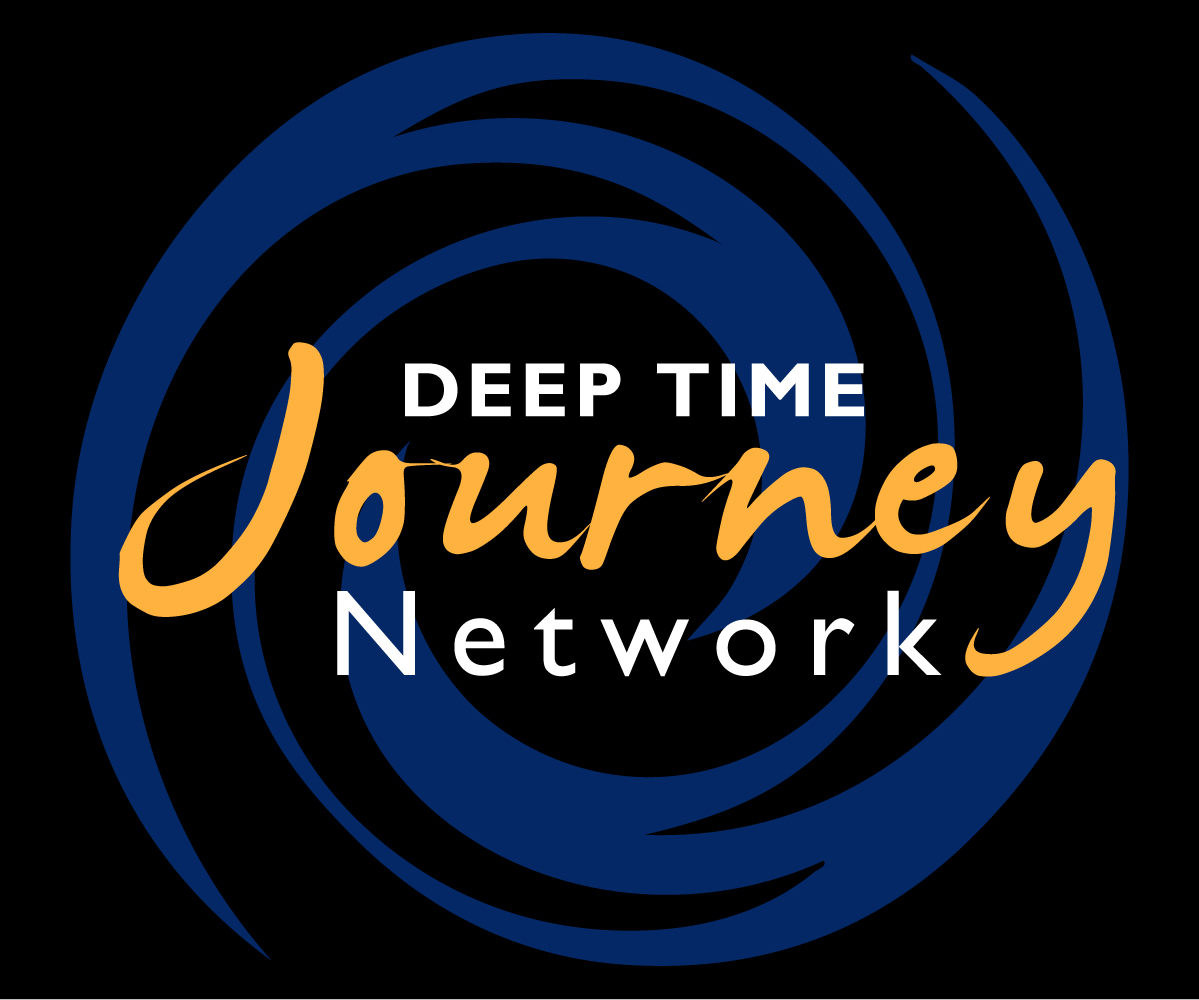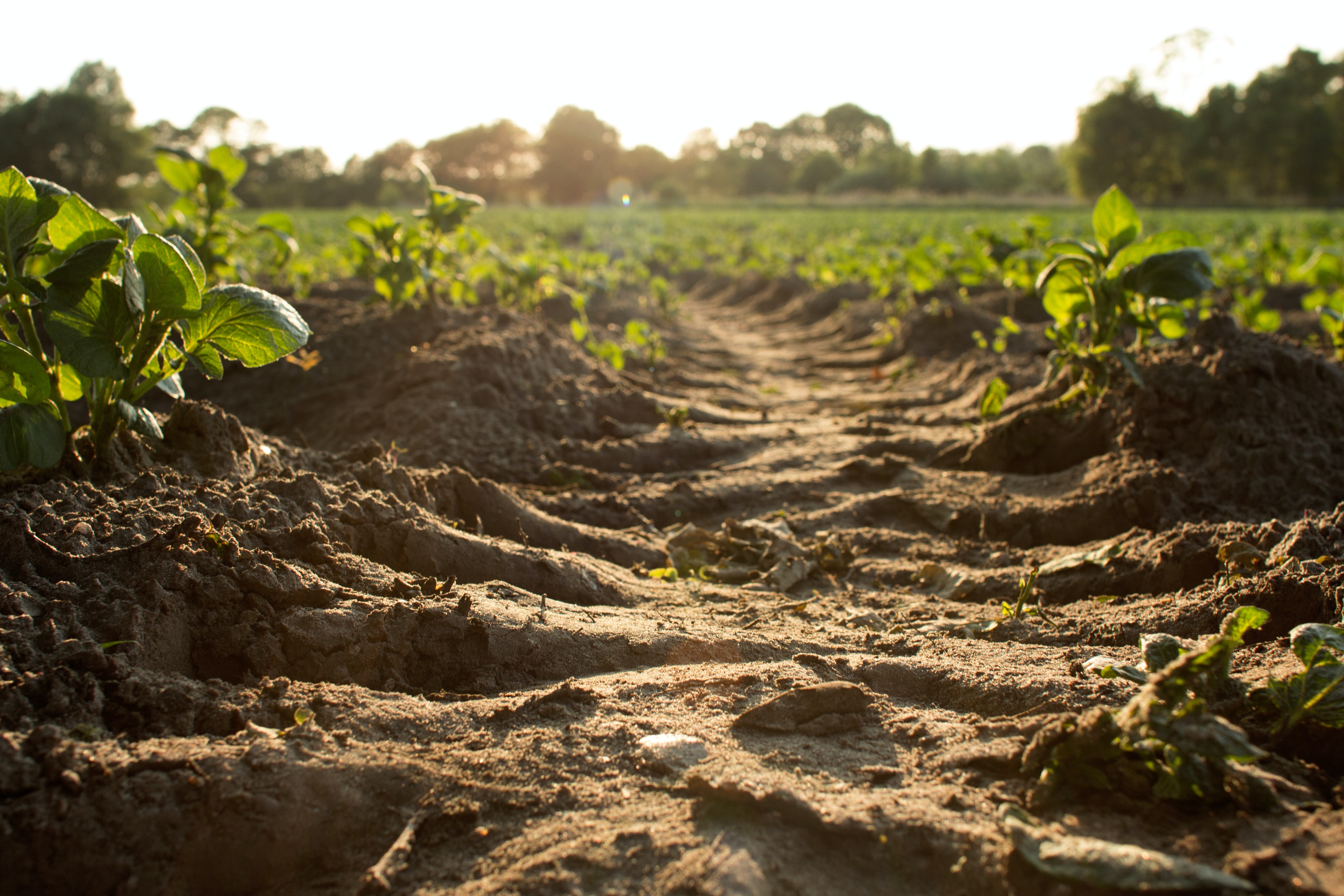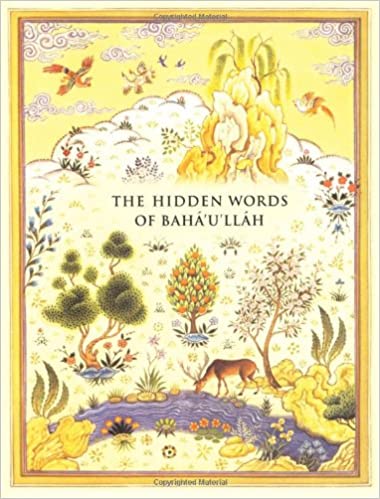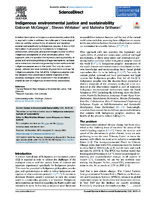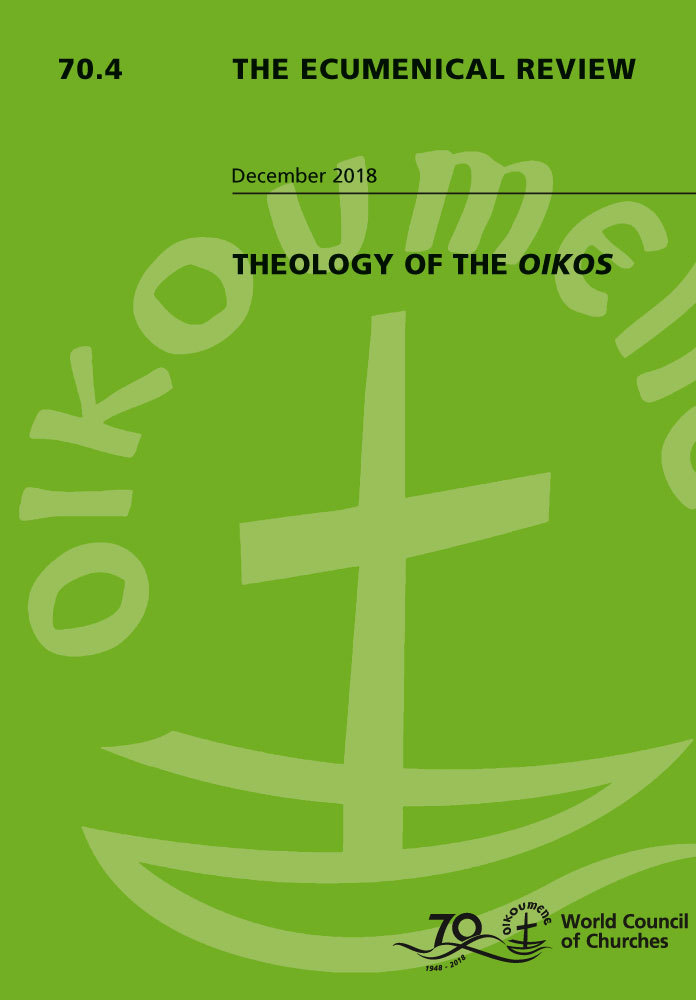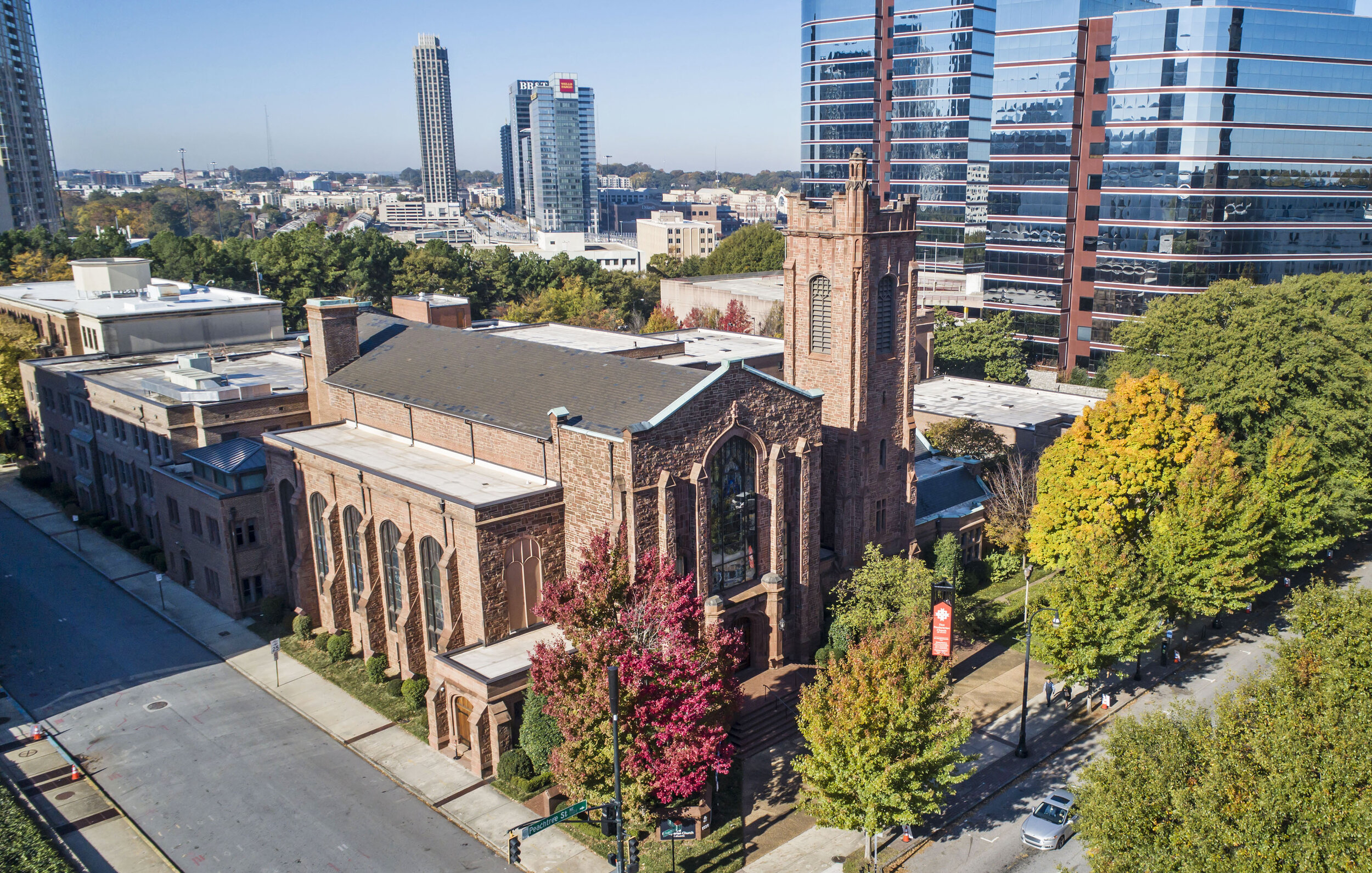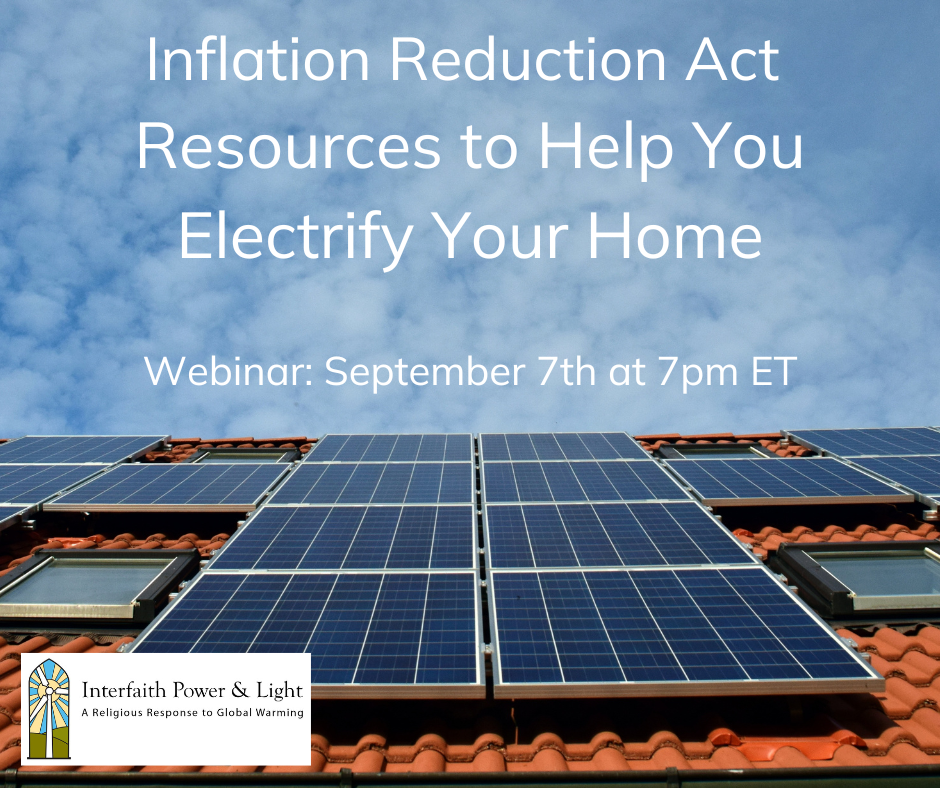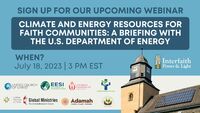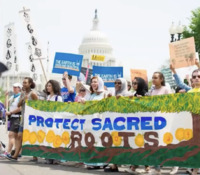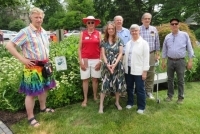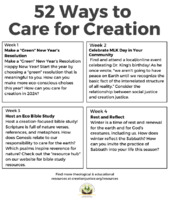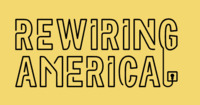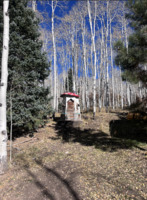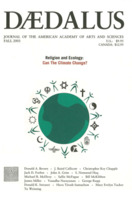Search
134 items
-
Green Shinto
Green Shinto is a blog by John Dougill operating out of Kyoto, Japan, which is dedicated to the promotion of an open, international and environmental Shinto. It seeks to celebrate the rich heritage of the tradition, from sacred rocks and shamanistic roots to bawdy myths and fertility festivals. It believes Shinto to be essentially diverse, localised, and community-oriented. It looks to a Shinto free of borders, liberated from its past to meet the demands of a new age. It looks in short to a Shinto that is green indeed as well as in word. -
Deeptime Journey Network
DTN’s mission is to orient humanity to an evolving interconnected universe as expressed in our vision. We bring together science, ancient wisdom and the arts inside community to share learning, global conversation, celebration, and action. The significance and profound power of a deeptime perspective — when shared in community — inspires, guides and motivates us to create a flourishing future.
DTN is a project of The Deep Time Journey Network, a 501(c)(3) non-profit in Princeton New Jersey, founded to build a global community, offer courses, and share resources. It’s a vision of community in which everyone is source and where connecting and collaborating mirrors the way the universe itself evolves through new partnerships. -
The Story of Stuff (Documentary)
The Story of Stuff is a short animated documentary about the lifecycle of material goods. The documentary is critical of excessive consumerism and promotes sustainability.
Filmmaker Annie Leonard wrote and narrated the film, which was funded by Tides Foundation, Funders Workgroup for Sustainable Production and Consumption, Free Range Studios and other foundations. Free Range Studios also produced the documentary, which was first launched online on December 4, 2007.
The documentary is used in elementary schools, arts programs, and economics classes as well as places of worship and corporate sustainability trainings. By February 2009, it had been seen in 228 countries and territories. According to the Los Angeles Times as of July 2010, the film had been translated into 15 languages and had been viewed by over 12 million people. -
Patagonia's Environmental Activism Page
From mission statements to multimedia resources to annual reports, this page displays projects essential to Patagonia's sustainability efforts as a business as well as an environmentalist community. The site can serve as an inspiration template for organizations and businesses when seeking ideas for storytelling and communications with a wider audience. -
A Bahá'í Compilation on Soil and Earth
This compilation gathers a selection of references to soil, earth and minerals in the Bahá'í Writings, including the ways these are referred to both symbolically and literally.
Contents:
Mineral Kingdom
Agriculture
Metaphorical Uses
Humility
Earth as Tomb
Rain on Soil
Fertile versus Barren
Cultivation - Divine Education -
The Hidden Words of Bahá’u’lláh
A collection of spiritual teachings which is intended for all religious persuasions and those who seek a spiritual life. These meditational verses which were composed by Baha'u'allah, about the year 1858, while in exile to Iraq, explore the relationship between God and man. -
Indigenous environmental justice and sustainability
Current Opinion in Environmental Sustainability
Volume 43, April 2020, Pages 35-40 -
Sacred Watersheds and the Fate of the Village Body Politic in Tibetan and Han Communities Under China’s Ecological Civilization
Coggins studies the spiritual ecologies of Tibetan and Han communities in the People's Republic of China. The Tibetan animism focuses on the protection of landscapes because of their relation to various deities and spirits. Han communities worked on creating fengshui forests to find balance a balance of qi in all things. -
Educational Programme: “The Use of Plants in the Worship of the Orthodox Church” and Its Contribution in Shaping Values of Sustainability
The goal is to connect children to nature with plants that have symbolic value to the bible. They created a Sunday School curriculum that will teach kids the value of having a connection with nature and God. 73% of the students that went through the course said that they cared more about the environment after taking the course. -
Zoom Events: Greening the Bible
The goal of this short course is to read the Bible afresh: to reinterpret texts of terror (for other creatures) and to reclaim passages that show the importance and agency of nonhuman persons. It is intended as a tool for forming earth-inclusive Christians. -
American Jewish World Service- Land, Water, and Climate Justice: Story Collection
The American Jewish World Service compiled a website of their outreach stories from the US, Africa, Asia, Latin America, and the Caribbean. Reflections from work with Indigenous communities are included as well. The environmental activism showcased on their website also defend women and their crucial involvement with agriculture and the environment. From the website;
"We aid communities and movements organizing to protect the land, water and natural resources that people depend on for their survival".
More information on how to get involved is listed on their website. -
Inflation Reduction Act Resources to Help You Electrify Your Home
"The Inflation Reduction Act (IRA) is the largest climate and clean energy investment America has ever made, with strategic incentives to make the transition to clean energy and a decarbonized life easy, financially smart, and equitable.
It created programs to help you go electric — swapping out your old, fossil-fueled appliances for new, clean electric ones — over the next ten years. The IRA’s home energy offerings include upfront discounts, tax credits, and low-cost financing that together provide a substantial pot of money for every household to electrify the machines they rely on — the cars they drive, how they heat the air and water in their homes, cook their food, dry their clothes and get their power — regardless of income level.
Much of the solution to the climate crisis is just doing two things: getting all the carbon out of our electricity supply, and then electrifying everything we can.
As people of faith and conscience, shifting our household energy use to efficient technologies that use renewable energy is an opportunity to help bring about climate justice based on our shared values: caring for one another and our common home.
Jamal Lewis, Director of Policy Partnerships and Equitable Electrification for Rewiring America, joins us for a conversation on electrification, what it looks like, and what federal resources are available to help you do it.
Join us to learn more about the incentives that will be available to help make your home healthier and more efficient." -
Climate and Energy Resources for Faith Communities: A Briefing with the U.S. Department of Energy
"The Inflation Reduction Act (IRA) and the bipartisan Infrastructure Investment and Jobs Act (IIJA) created the largest climate and clean energy investment America has ever made. These bills provide federal funding for energy and climate resiliency improvements that can be used in houses of worship and our individual homes. This historic legislation provides people of faith and conscience with an opportunity to live our values of caring for one another and for our Sacred Earth. The IRA included clean energy tax credits for wind and solar, EVs, efficiency upgrades, heat pumps, and much more. It also made it easier for nonprofits and houses of worship to access clean energy funds and tax credits through a program called 'direct pay.' Before the IRA, only homeowners and commercial entities with some tax liability could claim tax credits when installing solar panels or other eligible technologies on an eligible property. Now, the 'direct pay' option means non-taxable entities can also benefit from these credits.
Join us for a briefing with the U.S. Department of Energy to learn more about direct pay, the tax credits, the programs, and the role faith communities can play in helping our country address the climate crisis and ensure that all communities are supported.
If you aren't able to attend, you can still register, and we will send the recording out to everyone who registered." -
By the Sun: A Home Solar Workshop by Green Muslims and IPL-DMV 2023
"Join Green Muslims and Interfaith Power & Light as we gather to learn how we might power our homes with clean energy -- "wash shamsi wa duhaa haa," by the sun and its brightness! (Quran 91:1)
Along with members of Masjid Muhammad and other local masajid ... you're invited to learn about and consider joining Solar United Neighbors (SUN)'s open solar purchasing groups for homeowners in Maryland, DC, and Northern Virginia.
Together we:
- Reflected on the Muslim call to be khalifa - stewards - of our world
- Heard from Sis. Bayinah Shaheed whose home is powered by the sun
- Connected with Sukrit Mishra from Solar United Neighbors, which is convening solar purchasing groups this summer.
- Asked your questions about going solar at home
- Started your solar journey
- DC, NoVA, & Montgomery, Prince George's, Frederick Counties MD: https://www.bit.ly/SolarSwitchIPL
- Baltimore & surrounding counties: https://www.energyprograms.civicworks...
(Calligraphy in illustration is text of Surah 91 Ash-Shams by Everitte Barbee: https://www.saatchiart.com/.../Drawin...)" -
Fairmount Presbyterian Church achieves another environmental milestone
"Each year, the Cleveland 2030 District and the NEO Local Leadership Team of USGBC (U.S. Green Building Council) Ohio host a friendly green building challenge to recognize exemplary new green construction and renovation projects in this region. In May, the winning entries were announced and—among recipients such as Oberlin College, the Progressive Insurance Campus, and the Maltz Performing Arts Center—Cleveland Heights Fairmount Presbyterian Church (FPC) was recognized for its work in achieving a 50% electricity use reduction." -
Moving Forward: A Guide to Climate Action For Your Congregation and Community
This guide was created by ecoAmerica and the Blessed Tomorrow coalition. It includes actions that individuals, household, and community groups can take with regard to the eliminating of pollution, conserving energy, transitioning to clean power. It also focuses on supporting policies that support care for creation. -
Catholic Diocese of Columbus: Creation Care Guide
The Creation Care Team of the Catholic Diocese of Columbus has created a Creation Care Guide based on the teachings of Laudato Si’. This guide contains information on energy conservation and efficiency, purchasing and recycling, transportation, and water conservation. Additionally, they have a section on making Laudato Si’ more accessible to younger generations. The inspiration for this guide came from the Archdiocese of Atlanta who wrote a document titled, An Action Plan for the Roman Catholic Archdiocese of Atlanta. -
Interfaith Power and Light
"Interfaith Power & Light effort began in 1998 with Episcopal Power & Light and the support of Grace Cathedral as a unique coalition of Episcopal churches aggregated to purchase renewable energy. In 2000, this Episcopal effort broadened its focus, brought in other faith partners, and California Interfaith Power & Light was born.
California IPL developed a successful organizational model that engaged hundreds of congregations, educated thousands of people of faith about the moral and ethical mandate to address global warming, and helped pass California’s landmark climate and clean energy laws. Building on California’s success, this model has now been adopted by 40 state affiliates, and we are working to establish Interfaith Power & Light programs in every state.
The Rev. Canon Sally G. Bingham, IPL founder, has brought widespread attention to the link between religious faith and the environment. As one of the first faith leaders to fully recognize global warming as a core moral issue, she has mobilized thousands of religious people to put their faith into action through energy stewardship. Sally continues to serve IPL as a President Emeritus." -
52 Ways to Care for Creation: January 2024
"Download the January 2024 52 Ways to Care for Creation bulletin insert! Use this resource to deepen your congregation’s commitment to creation justice. Each week highlights a creation justice idea for action or reflection for yourself and your community." -
The Rewiring America Handbook: A Guide to Winning the Climate Fight
"The COVID-19 pandemic showed the world the dire consequences of ignoring science and its predictions of global crises. But the pandemic was just a rehearsal for the climate disasters humanity will face – unless we act now.
In his new book, Rewiring America, Saul Griffith, PhD argues that we can still address the threat of climate change, but only if we respond with a massive war-time mobilization effort to transform the fossil fuel economy into a fully electrified one, run on wind, solar, and other renewable energy sources. Based on the vast data about energy flows in the U.S. economy that his company, Otherlab, has mapped, Griffith details how to not only save us from climate disaster, but to help us enjoy a cleaner, healthier, and more prosperous future." -
Self Portrait
"This 35mm film photo is a self portrait taken on Rachel Carson Way in Ithaca, NY. To me, sustainability is taking small actions every day to better the people and the planet. This photo is representative of many sustainable actions I take in my day to day life, including shopping second hand, buying from small businesses, supporting local artists, supporting women in science, and traveling ethically."
Taken by Lydia Derrico. Submitted to the RESTORExchange Sustainability Contest. -
Harmony in Sustainability
"Harmony in Sustainabillity: Balancing Earth, Life, Prosperity and Culture". Taken by Ruby Le. Submitted to the RESTORExchange Sustainability Photo Contest. -
Compostable
"A compostable outhouse made from recycled/reused wood and aluminum, built with tools fueled by solar and biodiesel." Taken by Ashley Murphy. Submitted to the RESTORExchange Sustainability Photo Contest. -
Envisioning the Daoist Body in the Economy of Cosmic Power
"From a sociological perspective, religious traditions represent and construct the collective values and systems of meaning of human societies. As such, religious traditions influence the way their adherents interpret their experience of the world and, consequently, influence their actions upon it. Religious ideologies, however, are themselves always in medias res. Even though their adherents may uphold an eternal vision of archaic principles handed down from the gods, in actuality this vision is continuously renegotiated and reconstructed in conversation with the changing demands of historical and cultural context." -
Two Hikers
"Two hikers gaze at the sunset painting the canyon walls near the edge of the Grand Canyon. They are inspired by the beauty of nature in this brief moment, which emphasizes the necessity of preserving such treasures for future generations." Taken by Balint Horompoli-Toth. Submitted to the RESTORExchange Sustainability Photo Contest.


